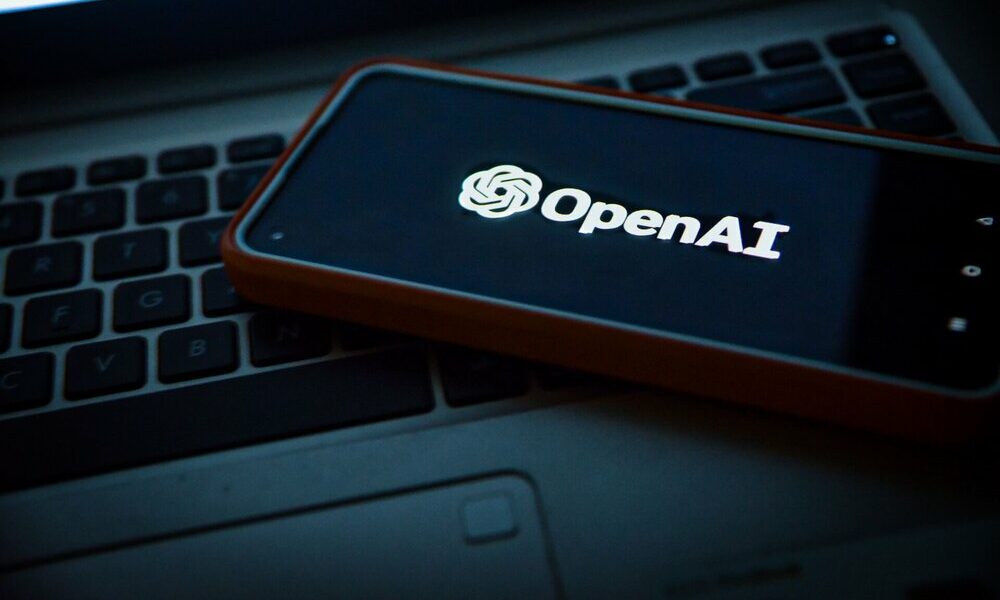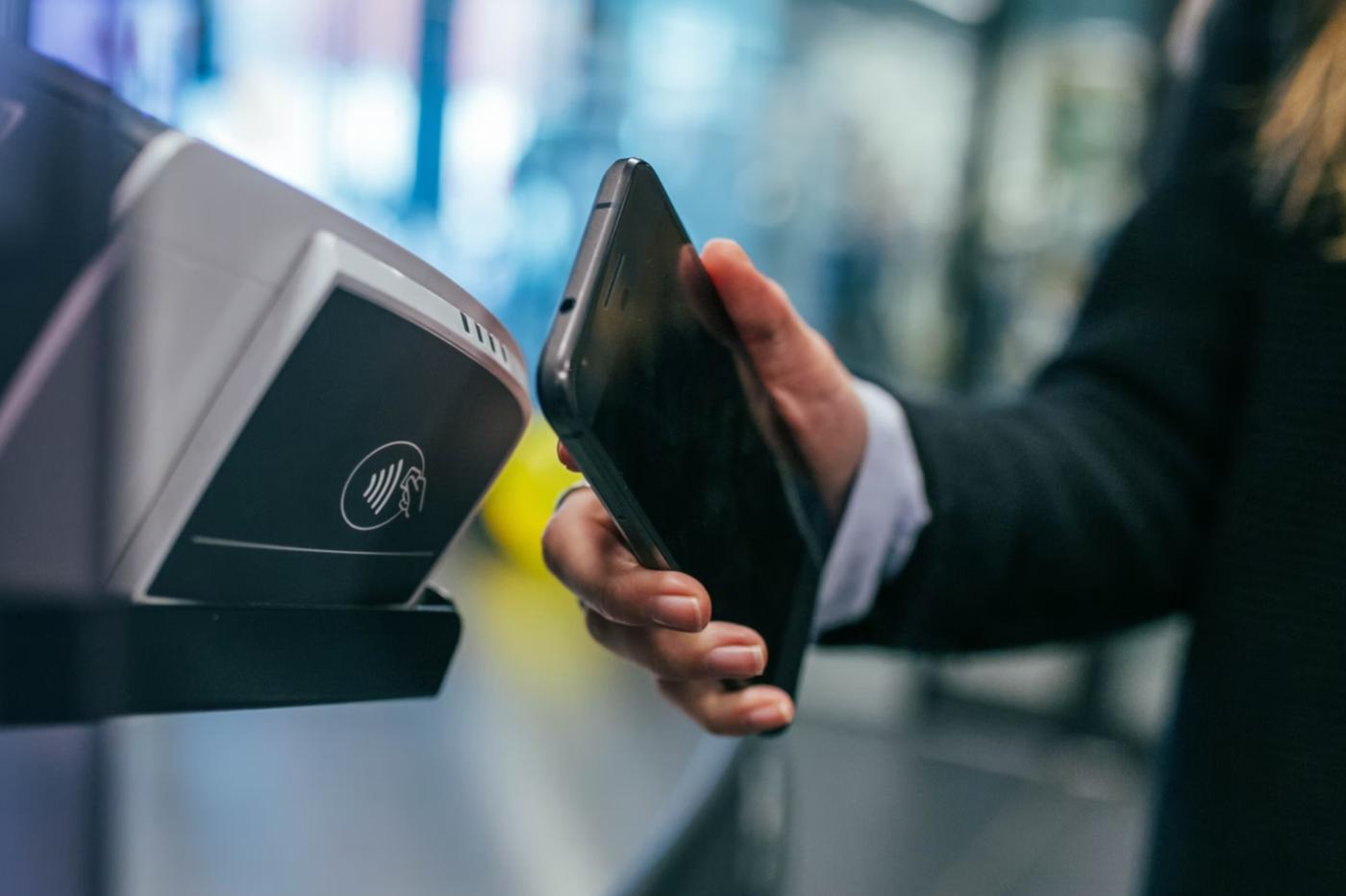
Open AI has decided allow ChatGPT to connect to other third-party servicesfor which the plugin availability. In this way, the chatbot will have more functions, since it will have access to different sources of knowledge and third-party databases. Also to the web. You will thus have possibilities to access up-to-date information, but also to run systems or use third-party services. You will be able to do this in a variety of use cases.
At the moment, the possibility of connecting ChatGPT to third-party services with plugins is in the preliminary phase of testing for users and developers, who have to sign up for a waiting list in order to gain access to the use of plugins. OpenAI has ensured that at first it will give priority for the use of the functionality to a small number of developers and subscribers of its ChatGPT Plus plan. Later it will give large-scale access to its API.
One of the first plugins that OpenAI has released for ChatGPT is designed by the company for web browsing. It allows ChatGPT to collect data from the web to answer the questions that are related to them. Until now, the chatbot had limitations on dates, people and events for information after September 2021.
This plugin will allow ChatGPT to collect content from the web via the Bing search API and display the web pages you have visited to compose a response, citing your sources when responding to requests and questions.
According to OpenAI, they have been working with a few companies for the development of plugins for some time now. In addition, they have started inviting some of the plugin developers who are on the waiting list to start developing their own integrations. Among the first that have developed plugins for GPT chat, and that those who get access to it can start using, are Expedia, FiscalNorte, Instacart, KAYAK, Klarna, Milo, OpenTable, Shopify, Slack, Speak, Wolfram and Zapier.
With these plugins, depending on the one selected, you can find information about the destinations to which a trip is planned, or request a purchase in nearby stores, among other things. This means that, although the general use cases of the chatbot will remain the same, the plugins will allow you to make requests like the ones just mentioned from ChatGPT, instead of having to use different web pages or apps to do so.
Yes indeed, Sam Altman, CEO of OpenAI, has already pointed out that not everyone will have access to the plugins for now, and that they prefer to start with a small group of users, as we have mentioned. After passing this first test phase, a second will be opened, in which API users who want to integrate plugins into their products will be able to do so. Later they will be available to everyone, but the deadlines that OpenAI is considering until reaching this point are unknown.



